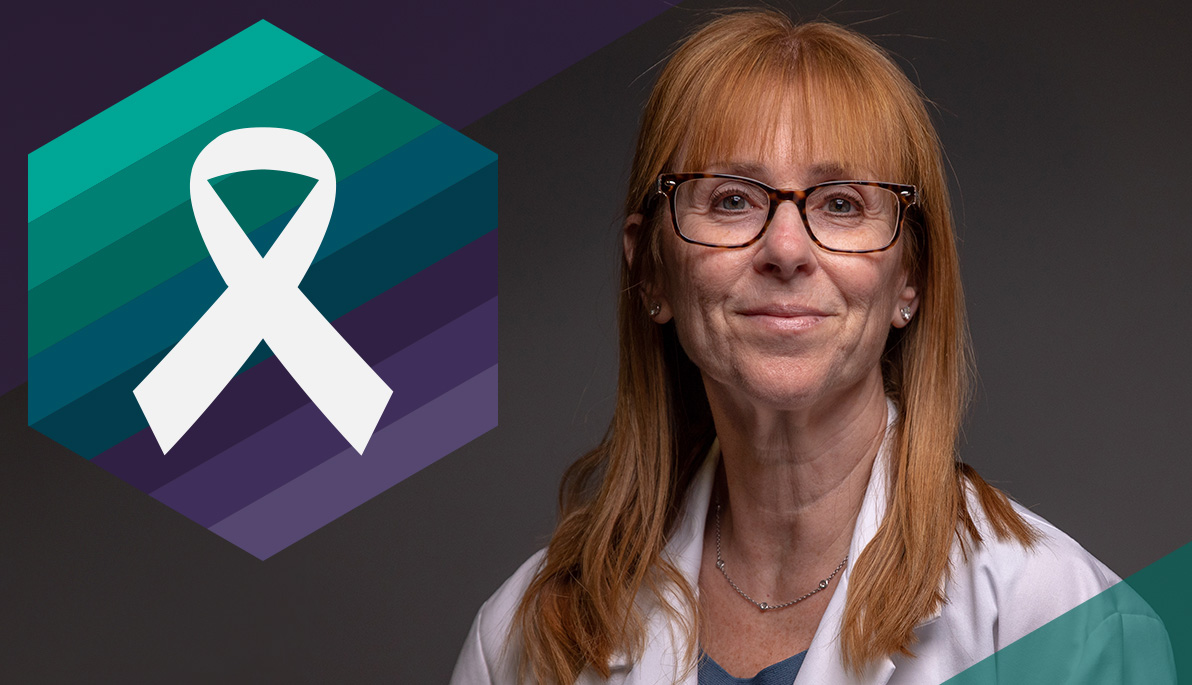News
Q&A: Suicide Awareness and Prevention
September 23, 2020
According to “Causes of Mortality Among American College Students,” suicide is the second-leading cause of death among college students. Unfortunately, the stigma surrounding mental health challenges can prevent those at risk from seeking the help they need.
In recognition of Suicide Awareness and Prevention Month, The Box sat down with NYITCOM’s Liat Jarkon, D.O., psychiatrist and director of the Center for Behavioral Health, to learn about the resources available to at-risk individuals and their loved ones.
What factors may increase the risk of suicide?
Having a history of previous suicide attempts, having a history of depression, anxiety, substance abuse, and having a family history of the aforementioned can increase suicide risk. Since the pandemic, there has been double the percentage of adults with serious suicidal thoughts, 10 percent vs. 4.75 percent in 2018.
Additionally, 25 percent of adults ages 18-24 have reported having significant suicidal thoughts in the last 30 days, according to CDC statistics from June 24 through 30, 2020. An individual who has recently experienced great loss (personal, financial, or medical) is at great risk of suicide. And finally, individuals who do not have a strong support group are also at greater risk.
What signs should never be ignored?
A change in behavior including loss of interest in activities, isolating, and avoiding social interactions and friends. Other signs not to be ignored include if an individual actually states that they feel like a burden to others, they don’t see the purpose in living, they would be better off dead, or that they no longer see the point of life. These should all be taken very seriously. Some individuals will also start to give their belongings away, straighten out their affairs, and even write letters to their loved ones. None of these behaviors should be ignored.
What should students do if they or someone else is at risk?
If a student starts to feel very depressed, alone, overwhelmed and “can’t see a way out,” they should immediately reach out for help. They should tell a family member, friend, or peer mentor. They can go to the clinic on campus or call and ask to speak to anyone in the Center for Behavioral Health.
What resources does the Center for Behavioral Health offer?
We have psychiatric and psychological services that are confidential, discreet, readily available, and currently completely via telemedicine on a HIPPA compliant Zoom health platform.
What message would you share with someone who is contemplating suicide?
You are not alone, we are here for you, and we care. Your life matters and together we can find solutions to make you feel better.
What are some of the initiatives/programs that the CBH has started to help break the stigma surrounding mental health?
The CBH’s mission is to get our community to talk about mental health, end the stigma, create awareness, and offer hope and solutions. We offer educational programs, currently Mental Health First Aid for faculty, staff, and soon for our NYITCOM students. We are also rolling out a mental health screening to our medical students this year to help identify those at risk for suicide and adding new measures for all patients in the clinic to help identify those at risk for suicide. In addition, we have Let’s D.O. lunch programs for our students. These are open forums to discuss navigating the challenges of medical school.
…What about social media?
We have a very active social media presence (@NYITCenterforBH) featuring daily columns, from inspirational quotes, to student testimonials about their experiences with their CBH, and current mental health facts, articles, and more. To commemorate National Suicide Awareness Month, we are running a month-long social media campaign called “What makes you Happy,” where students, faculty, and staff have an opportunity to share their tips on being mentally healthy and receive a CBH t-shirt with our motto and mission, “Let’s D.O. This!”, all aimed at promoting mental health awareness, education and reducing stigma.
Additionally, for National Physician Suicide Day on September 17, we created a PSA with many of our physician leaders, entitled “Healers Need Healing Too,” encouraging physicians and medical students to reach for help when needed. It is set to be released this week.
We also offer a weekly newsletter called Mindfulness and More, which offers current information on mindfulness, self-care, current trends in mental health, and other helpful info.
The CBH is located on the first floor of the Academic Health Care Center in Riland. Those in need of support should contact 516.686.1300 or email centerforbh@nyit.edu.



_Thumb.jpg)

